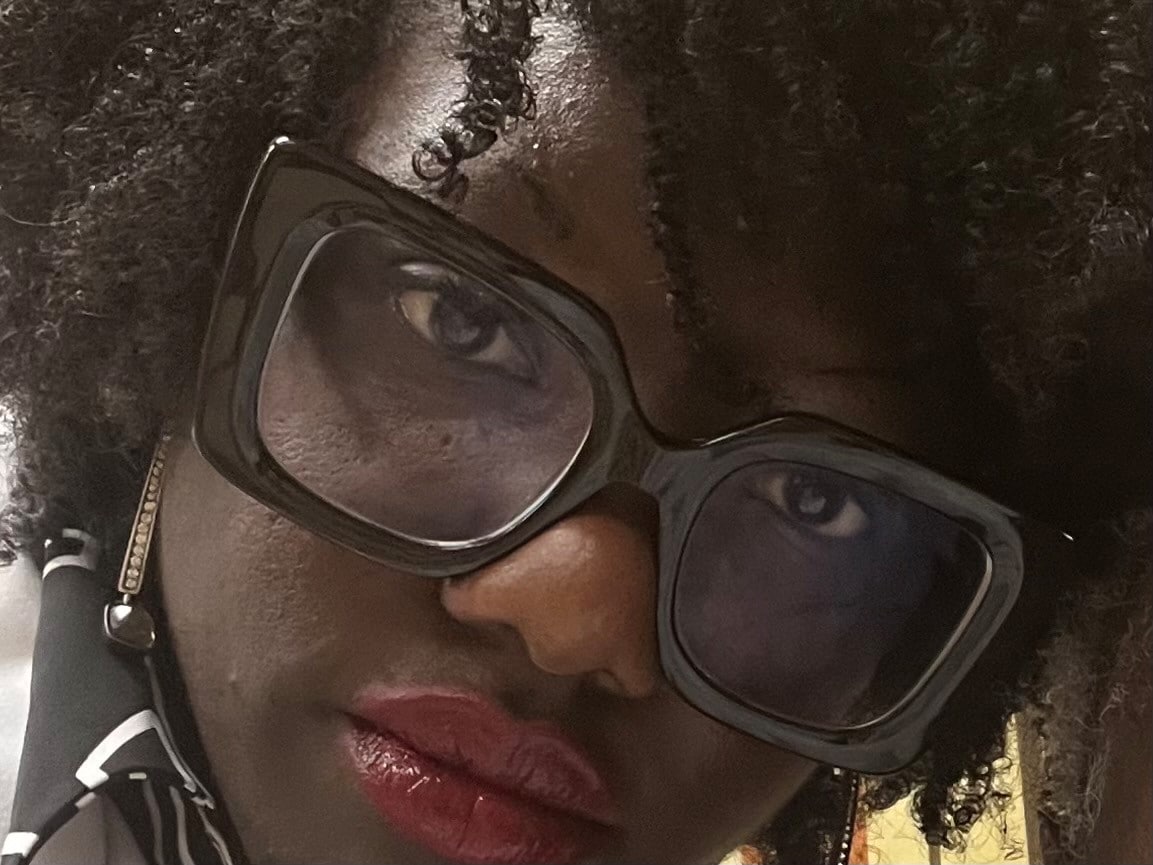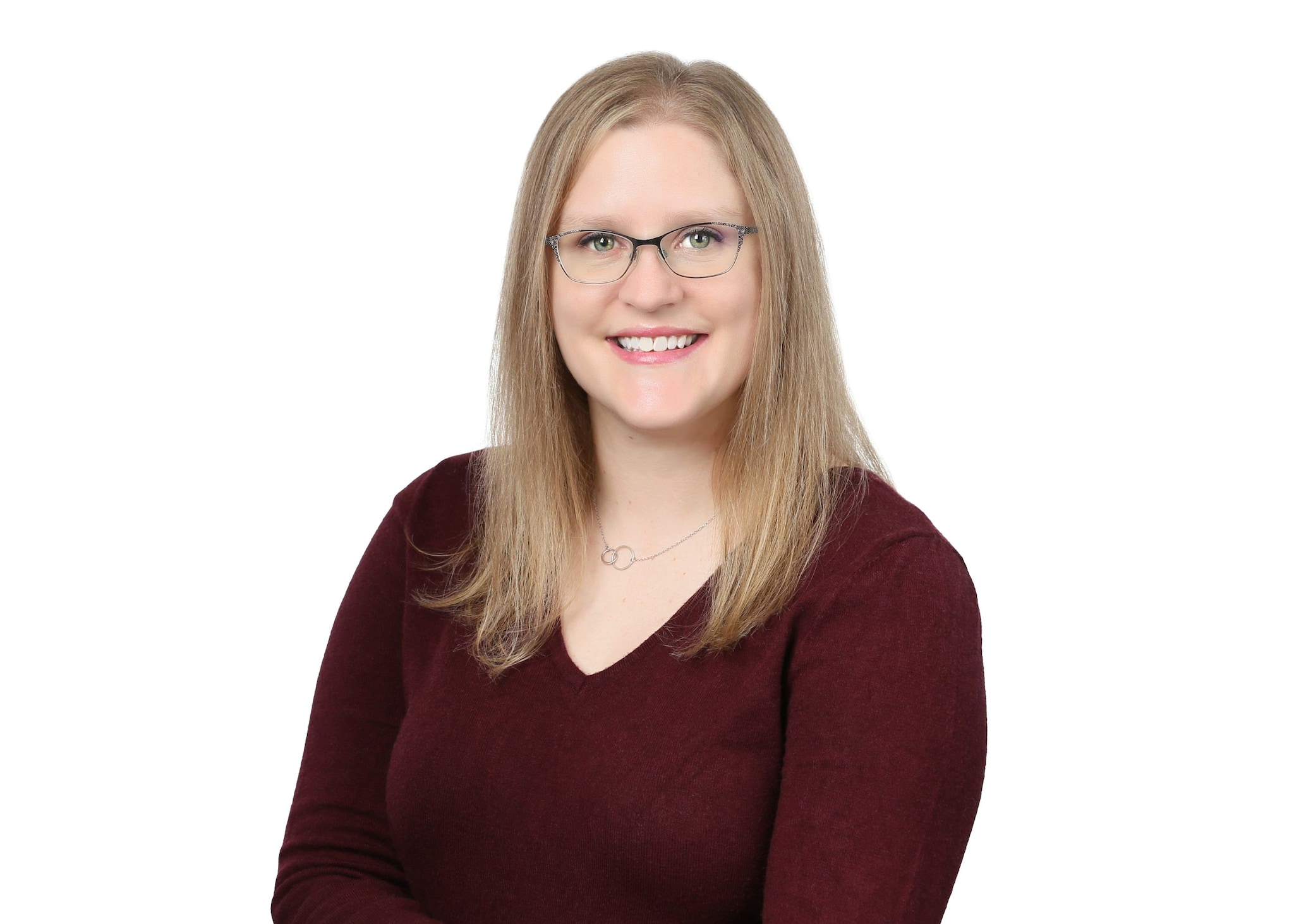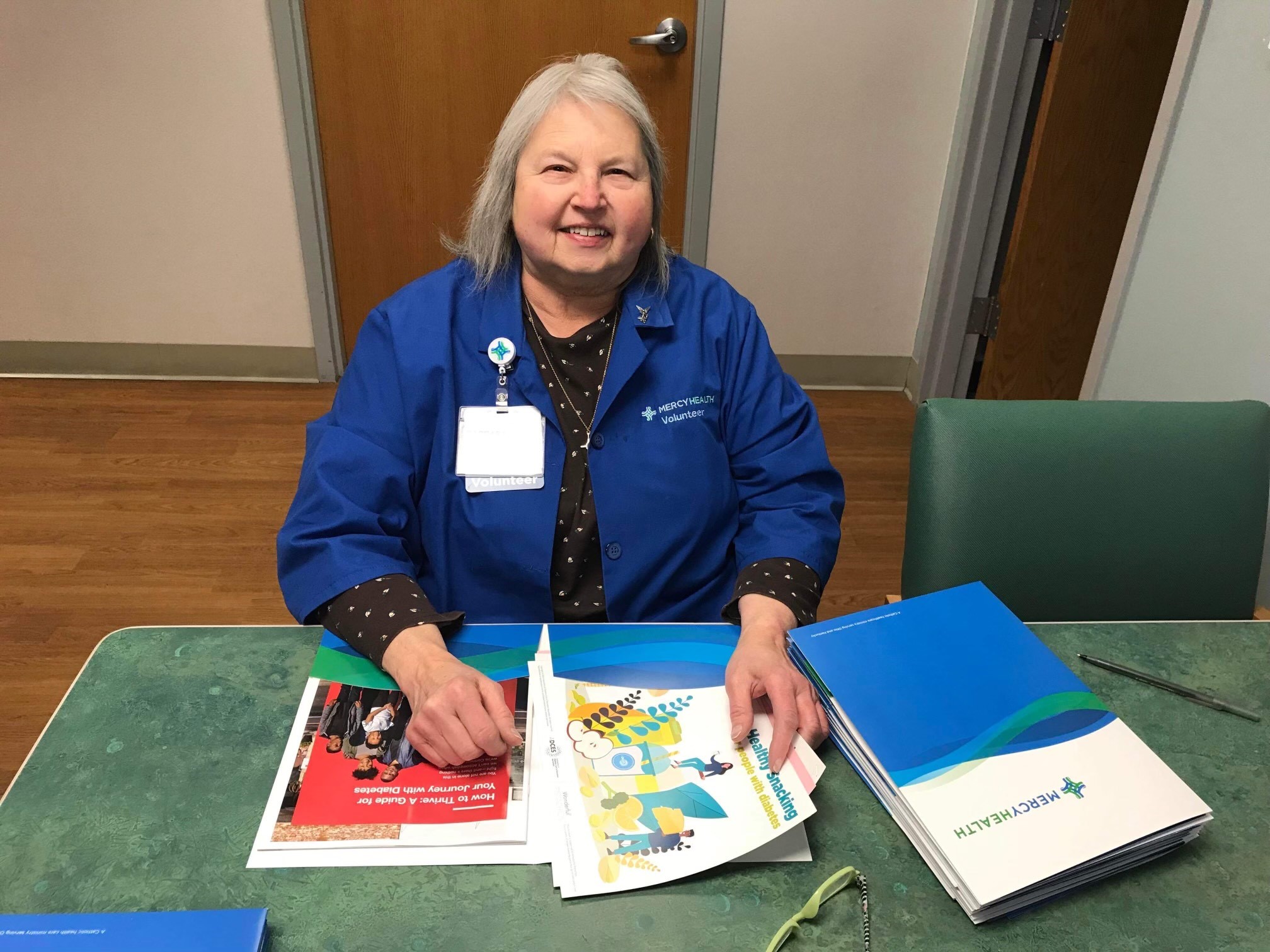The Diabetes Journey to Purpose
About 38 million Americans are living with diabetes. And each one has their own unique journey and experience in managing it. Read the personal stories of real people living with diabetes.
Unlike some health conditions, diabetes is mostly managed by the person who has it. This is why each diabetes story is as unique as the person telling it. For some, diabetes even helped them find purpose in life—supporting and helping others through their own diabetes journeys.

Ashley’s Story
Struggling With Diabetes Denial
Ashley James has been living with type 2 diabetes for 12 years. Although she’s successfully managing her diabetes now, she admits that wasn’t always the case. When Ashley was diagnosed, she was 31 years old and was in complete denial. “I just didn’t want to accept it.”
Denial can be a common feeling among people when first diagnosed with type 2 diabetes. But Ashley wants you to know that if you’re struggling with denial over your type 2 diagnosis, you’re not alone.
“My doctor would go over my treatment plan and I’d fill my prescriptions, but I refused to take my medicine.” It wasn’t until one day at work when Ashley talked with a colleague who was a nephrologist (kidney doctor) that she had a wake-up call. She told him about her struggles with accepting her diagnosis and how it was affecting her health. She discussed the results of her A1C test, her blood pressure, and other health problems she had developed. “When he heard that my blood sugar levels were extremely high, he became very concerned.”
He explained that unmanaged diabetes could result in serious complications. Diabetes complications can include vision loss, heart disease, and chronic kidney disease. He expressed that she needed to start taking care of herself to prevent these complications.
“That was the turning point for me,” Ashley says. She respected and trusted him and knew she had to make a change.
From that day forward, she worked with her primary care doctor to help turn things around. She says it wasn’t easy at first, but after making small changes here and there, it got easier. She started eating better, being physically active, and taking her medicines as her doctor prescribed.
With these changes, she noticed she was losing weight and feeling more energetic. Her blood sugar levels improved, and her mood also lifted.
Diabetes Education
“I had heard about diabetes self-management education and support (DSMES), but it wasn’t offered in my area,” she says. “Since this was before the days of telehealth, I’d have to drive an hour away just to get DSMES.”
DSMES can be extremely helpful for people with diabetes. Participants work with a diabetes care and education specialist (DCES) who can help them learn the skills to manage diabetes successfully, including taking medicines, planning healthy meals, and being active.
Ashley realized that if distance was a barrier for her, many others in her community could also be missing out on this valuable resource. This inspired Ashley to become a DCES so that she could help people in her community who are also living with diabetes.
Ashley took her personal diabetes experience and knowledge as a DCES to local churches. “Pastors are trusted people in our community, and I wanted them to help clear up the stigma and misconceptions surrounding diabetes,” she says. “There’s no shame in having this condition.”
The pastors helped her build a trusting relationship with people in the community. Pastors would often bring up diabetes as a topic in their sermons, which opened the door to conversations about diabetes. Through sharing her story, Ashley helped people in the congregation accept their own diagnosis. She would then talk to them about the benefits of diabetes education to help manage it.
“It’s very difficult when you have a disease and you’re placed in a category. People are more than their diseases, and you have to be careful not to label people,” she says. “You have to listen to their story.”
Helping Others Move Past Diabetes Denial
Ashley hopes her story and lessons learned help others. She says managing diabetes can come with challenges, but acceptance was her biggest challenge. “The sooner you accept your diagnosis, the sooner you can do something about it.”

Tiffany’s Story
An Early Diagnosis
Tiffany Witschen was 11 years old when she was diagnosed with type 1 diabetes. Up to that point, she had been an active 6th grader—dance, softball, volleyball, basketball, church youth group.
But when her mom started noticing that Tiffany was always thirsty and hungry, and would frequently urinate, she thought Tiffany could have diabetes. Tiffany’s older brother had been diagnosed with type 1 diabetes a few years before, so Tiffany’s mom knew what type 1 diabetes symptoms looked like. To be sure, her mom made a doctor’s appointment to have her tested.
Tiffany remembers going to the doctor and learning that her blood sugar levels were dangerously high. Her doctor immediately sent her to the local children’s hospital, where she spent 4 days while her blood sugar levels were stabilized at a safe and healthy range. During this time, Tiffany remembers watching videos on diabetes and the nurses using oranges to teach her how to inject insulin.
“I remember that smell of insulin for the first time. That initial smell stayed with me, it was so pungent.”
Back at home, Tiffany began to experience the realities of being a kid with diabetes. Her days were filled with checking her blood sugar, counting carbs, taking insulin, and learning about healthy food choices. “On top of that, I wasn’t able to participate in sports the way I used to.”
“I was also the only kid with diabetes at school. I had to go to the nurse before lunch for my insulin or when I had low or high blood sugar,” she says. “I felt different from the other kids at school.”
Even leaving the house wasn’t as simple as it had been before diabetes. She had to make sure she brought along her diabetes devices, supplies, and snacks in case she had a hypoglycemic (low blood sugar) episode. It was awkward telling her friends how to help her treat low blood sugar in the event she couldn’t take care of herself.
Summer Camp and a Purpose
Tiffany’s mom found a summer camp for kids with diabetes and hoped it would be a place for Tiffany to feel a sense of community. This experience would shape Tiffany’s future.
“I remember going there and feeling like I wasn’t the odd person out,” she says. “Talking to other kids who have the same thing going on made diabetes tolerable for me.”
Tiffany returned to camp every summer and made lifelong friends. When she turned 18, she became a camp counselor and helped other kids learning to live with diabetes.
“I loved having that advocate role for younger people,” she says. “That was where the passion started.” In college, she went into a nursing program and specialized in pediatric endocrinology. An endocrinologist is a health care professional who diagnoses and treats hormone problems and is an important member of the diabetes care team.
Being a Diabetes Care and Education Specialist
Today, Tiffany is a diabetes care and education specialist (DCES) and helps people with diabetes gain the knowledge and decision-making skills needed to manage their diabetes successfully.
“Diabetes self-care is important because 90% of managing diabetes is done by you. You really need the knowledge and decision-making skills to help yourself be successful,” she says. “Constant decision-making day in and day out can be exhausting.”
In fact, diabetes burnout is common among people who are living with diabetes. This can lead to diabetes distress and other mental health problems.
Tiffany knows all too well the physical and emotional challenges of living with diabetes and feels that her own diabetes experiences help her patients relate to her. She’s living through it right along with them.

Barbara’s Story
A Delayed Diagnosis
Barbara Bachar’s diabetes story began 32 years ago when she was working for a company that offered health screenings and handed out gift cards as an incentive. Barbara remembers thinking, “All I have to do is take a simple health screen and get a free gift card.”
Barbara’s screening results showed that her blood sugar was in the diabetes range, and she was advised to see a doctor to have further testing to be sure. But she convinced herself that her results were due to her being a busy mom, taking care of her kids and neglecting herself, and that it would eventually all be okay. And since she didn’t feel sick or have any symptoms, she didn’t worry about it.
A few years passed before Barbara made that appointment. When her doctor told her she had type 2 diabetes, she wasn’t completely surprised, but says it still took her time to process.
Barbara didn’t know much about diabetes at the time. She also didn’t know anyone who was living with diabetes who could help her understand how to manage it. At the time that Barbara was diagnosed in the early 1990s diabetes education programs weren’t as widely available as they are today.
Barbara says all she could do was try to learn as much as she could on her own and talk with her doctor her questions and concerns.
Diabetes Self-Management Education and Support
With patience and trial and error, Barbara was able to keep her A1C at the target her doctor set for her. Having a daily routine helped her plan and stay on track with managing diabetes. But Barbara’s retirement was approaching, and her daily routine was about to change.
To help navigate this change in her life, Rita, a family friend, recommended that she get a referral from her doctor for diabetes self-management education and support (DSMES) services. “Rita’s the only reason I decided to get DSMES,” she says. “Don’t get me wrong, my doctors have been great, but they never mentioned DSMES to me as an option, so when my friend told me about it, I trusted her and asked my doctor for the referral.”
Barbara says the skills she learned with DSMES have been valuable to her diabetes management. Her favorite part has been learning about new foods to try.
“I’ve always enjoyed cooking, and DSMES taught me how to use more fruits and vegetables and overall just try new things,” she says. “I’ve even learned how to cook vegetarian meals, which is great because my granddaughter is vegetarian, and one of my favorite things is to spend time with her cooking.”
Another benefit of DSMES is that it taught her how to eat healthy on a budget—even more important now that she’s retired.
Today, Barbara is a diabetes education volunteer at the same clinic where she received DSMES. She says she enjoys helping others learn about diabetes, and in the process, she continues learning herself.
Lessons Learned
One lesson Barbara learned along the way is to start out slowly. “Don’t think you’re going to change everything all at once,” she says. “Make small changes in small increments.” Barbara says she was the ultimate soda drinker and knew it wasn’t good for her diabetes management. But instead of trying to stop drinking soda altogether, she first limited how many she drank. Then she switched to diet soda, and eventually she was able to go days without craving soda at all.
She also learned how to allow herself to not be perfect. She says she was able to keep a positive mindset and not judge her diabetes management as successes or failures but rather as just results.
She wants others to know that finding support is critical. Barbara’s children are her support system, and her grandchildren are her purpose for staying healthy.
Now at 72, Barbara hopes that her story can support others and help them know they can live well and thrive with diabetes.